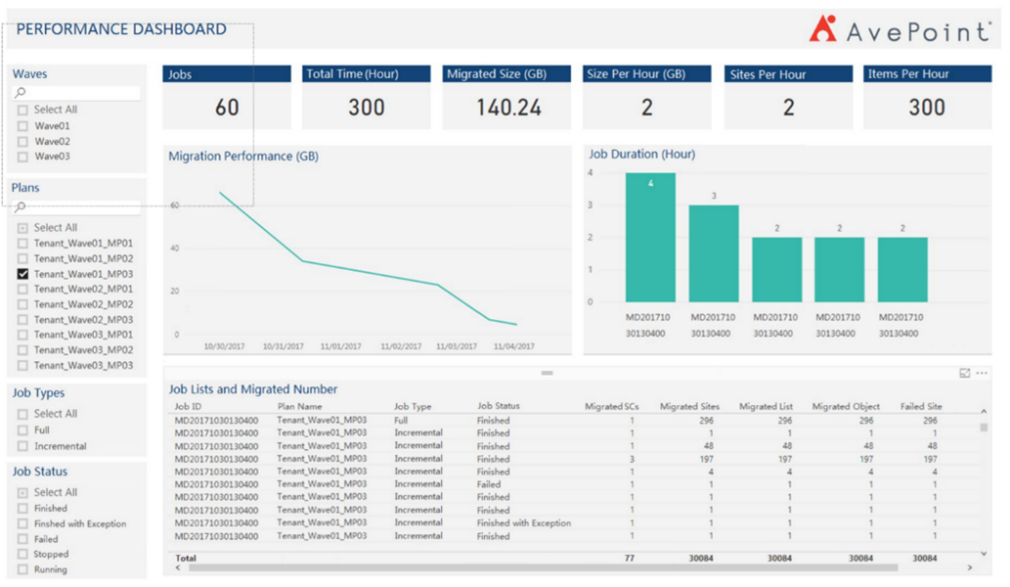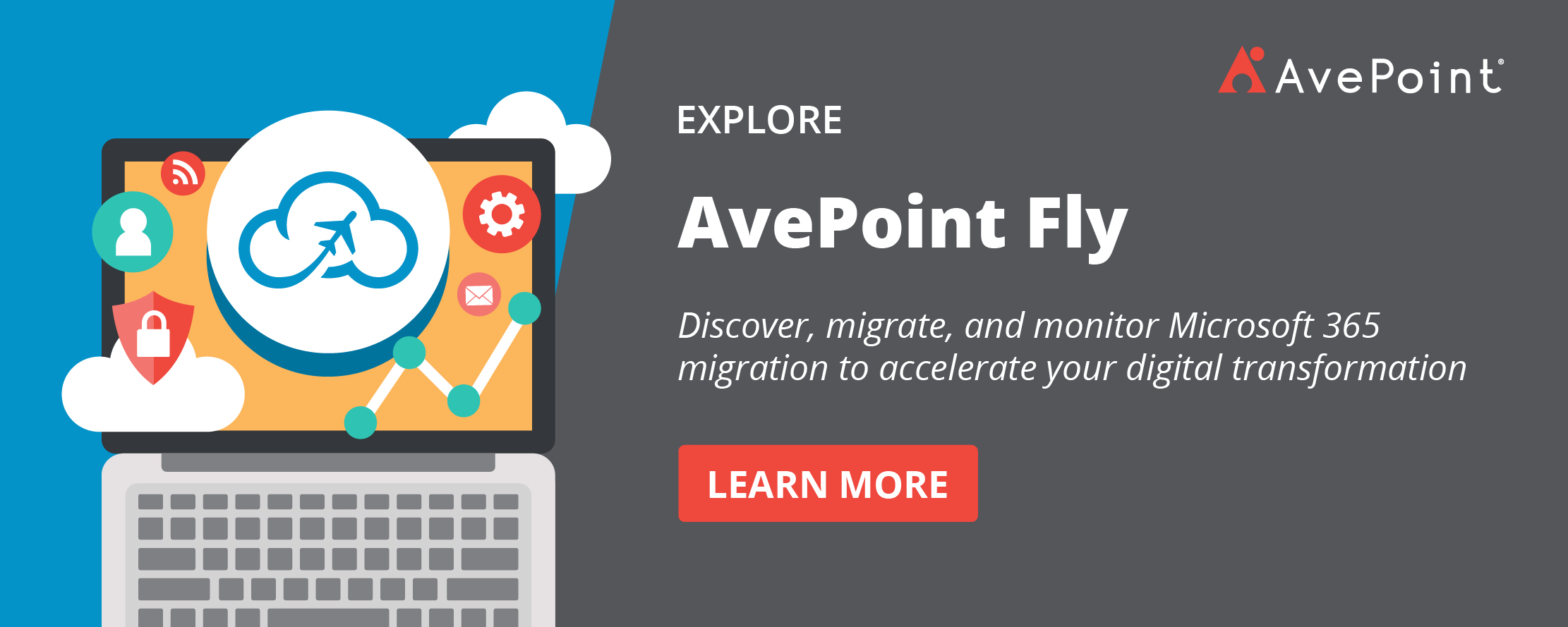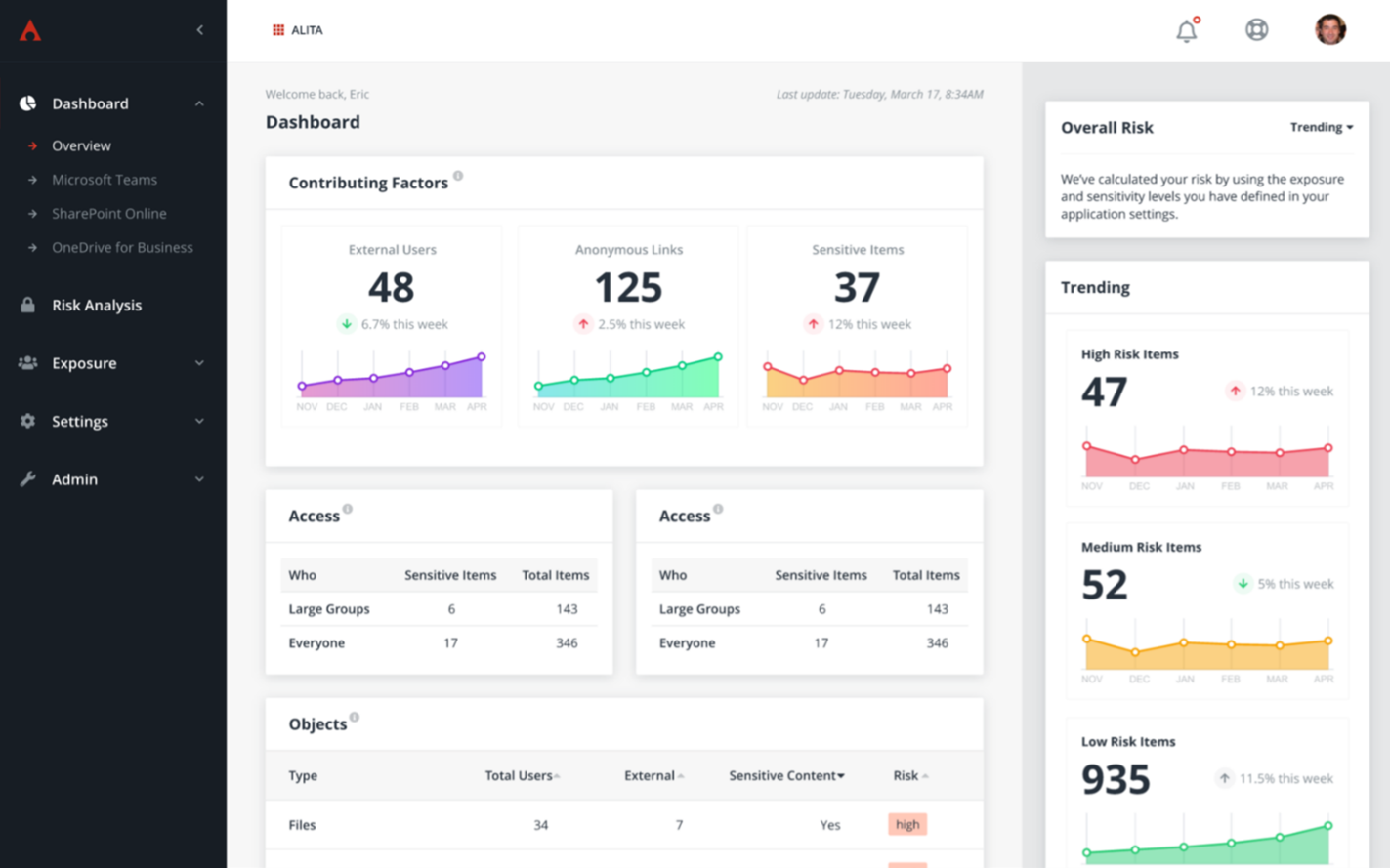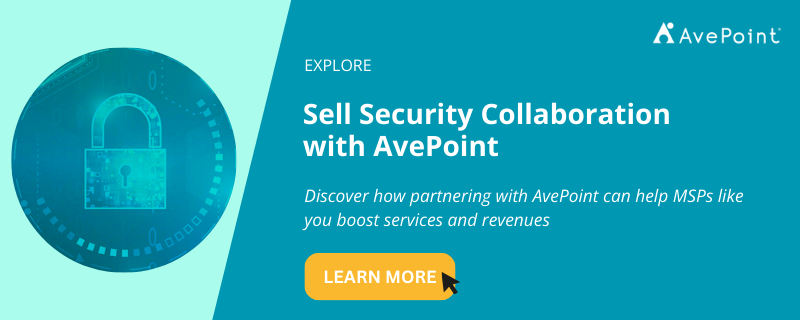MSPs: How To Make Money with Collaboration Security Services for Microsoft 365

The number of organizations shifting to the cloud – and especially to Microsoft 365 environments – has increased significantly over the past few years. This structural shift from in-person to digital collaboration can be seen in the continuous increase in cloud subscriptions. For example, Microsoft reported a 24% increase in Microsoft Cloud revenue for the first quarter of fiscal year 2024, indicating more users need cloud services. In addition, Teams has now surpassed 300 million users.
These numbers are only expected to grow as more business operations move to the cloud, representing a golden opportunity for managed service providers (MSPs). According to Forrester Research, for every dollar an end-customer spends on a Microsoft subscription, there is an additional spending of up to $9 within the partner ecosystem for services and add-ons.
To fully capture this additional revenue stream, MSPs must be conversant in the language of collaboration security. In this post, we’ll look at how this spike in cloud adoption and demand for collaboration security creates a significant opportunity for MSPs.
Responding to the Demands of Collaboration Security
The number of Microsoft Teams users has drastically grown since it launched around six years ago. This has led to more data, collaboration, and file sharing. The challenge becomes more complex as employees work remotely with their own devices and networks at home, hence their need for enhanced collaboration security.
Collaboration security includes the policies, procedures, and technologies that help employees work together while ensuring protections are in place. And as remote work, cloud-based file-sharing services, and digital collaboration platforms become more commonplace, organizations must properly secure access, data, and communications across these tools.
In our survey of MSPs, 35% of respondents said they see a security gap in their customers’ collaboration tools. But for MSPs to take a significant part of the services associated with collaboration security, it is vital to understand the drivers that prompt businesses to seek expert support in the first place.
MSPs must be able to help their customers solve these concerns:
- Who can access my company’s critical data?
- What parties have shared it?
- Did they overwrite a key file?
- Why are we collaborating across Dropbox, Gmail, Slack, Microsoft 365, and other SaaS products? Can we consolidate them?
- Should I migrate all of my data to the cloud?
- Help, my data is missing! How do I recover it quickly?
Key Collaboration Security Solutions MSPs Can Offer
Almost half (48%) of MSP customers face difficulty adopting digital collaboration tools, and 23% struggle with transitioning to the cloud. Here are some opportunities that MSPs can leverage based on these customer challenges.
1. Secure Migration
As more organizations adopt cloud-based solutions to continue their business, MSPs might find customers shifting between multiple cloud platforms primarily built for consumer use. With this, MSPs should not only focus on migration but also on cloud consolidation.
According to our survey, 66% of MSPs now provide on-premise to cloud migration, and 63% offer cloud-to-cloud transitions. These are the most offered services among MSPs today.
Microsoft 365 is the perfect destination for cloud consolidation as it provides a broad collection of integrated apps that other cloud services offer as separate, standalone products.
Using multiple cloud-based applications not only creates a confusing workspace for employees, it also provides an easy entry point for collaboration security risks. Challenges may include solutions for crashes resulting in data loss, the need for multiple credentials, different service-level agreement (SLA) patterns, and more. On top of it all, having multiple cloud platforms is also costly for businesses.
MSPs can help customers rectify this issue by offering a reliable migration solution, such as AvePoint Fly, to migrate scattered data into a unified Microsoft 365 environment.
Fly delivers a three-step approach to migrate on-premises or cloud-hosted mail, content, and collaboration into Microsoft 365 or SharePoint. You can migrate data from existing Microsoft accounts or SaaS providers such as Box, Google Drive and Slack. Permissions, metadata, list items, SharePoint, and Nintex workflows are all supported, as are Exchange mailboxes, public folders, Microsoft Teams, and Microsoft 365 Groups — and that’s just in the Microsoft world.

Delivering a migration with Fly opens the door for MSPs to bundle and provide ongoing governance and backup in Microsoft 365 via AvePoint Policies, Insights, and Cloud Backup. These added capabilities are essential for a safe and effective workspace.

2. Backup and Recovery of Microsoft 365 Data
Your customers’ cloud journey does not end in data migration. Since data is the most important asset in your customers’ businesses, it should always be available and protected.
While many organizations believe that Microsoft 365 provides a comprehensive backup and restore service, Microsoft actually recommends adopting a third-party backup solution. Here’s what their service agreement says about it:

It could be cumbersome for MSPs to manage the infrastructure, configurations, setup, and maintenance of a self-hosted backup service. In contrast, a SaaS backup solution can provide total coverage plus support and maintenance. To move forward, MSPs should also utilize comprehensive backup and recovery solutions fit for every work setup – including fully remote and hybrid work.
AvePoint Cloud Backup is a 100% SaaS solution that helps address these concerns through automated, comprehensive backup and restore services for Microsoft 365, Salesforce, and Dynamics 365.

AvePoint Cloud Backup for Microsoft 365 can be set up to scan and automatically begin to back up data in minutes, and the service comes with 24/7 support. There is also a Teams bot feature that users can easily access to perform certain restorations.
MSPs can start by offering a Security Risk Assessment to determine the exposure and risk of data in a customer’s current collaboration systems. Beyond underscoring the need for backup, this step can help start the conversation about value-adding governance and migration solutions to support a safe, consolidated workplace in Microsoft 365.
3. Access Control Monitoring
As most of the collaboration activities done by users are related to sharing, including sharing sensitive and confidential data, files can be exposed and attacked if not monitored properly. While Microsoft 365 allows end users to configure the permissions of who can access their files and data, it could be cumbersome for customers to monitor who can access what in the long run.
While some native tools can determine or monitor permissions, only experts can execute such tools – they could also be inefficient to implement with bulk data. This is where MSPs can recommend third-party solutions that can easily do the work.
With AvePoint Insights, you can gauge risk and remove access to sensitive documents by proactively monitoring and remediating policy violations. It also provides actionable security dashboards to highlight and track exposure (anonymous links, external user access) over time.

Partner with AvePoint: Make the Most Out of Collaboration Security Demands
Collaboration security is the future, and now you can take advantage of it to power organizations while creating new revenue streams for your MSP business. The market is growing rapidly, and you can introduce AvePoint’s solutions to resolve common collaboration challenges customers face.
And to help our MSP partners maximize this growing demand for collaboration security-related services, we also created AvePoint Elements, our partner intelligence platform. Elements allows you to extend and differentiate your cloud services with migration, backup, security, and management products – all in a single SaaS platform. As an MSP Partner, you also gain access to training, customizable marketing resources, and product discounts.
To learn more about our Partner Program for MSPs and how you can start making money in the collaboration security market, visit our website.

Phoebe Magdirila is a Senior Content Marketing Specialist at AvePoint, covering SaaS management, backup, and governance. With a decade of technology journalism experience, Phoebe creates content to help businesses accelerate and manage their SaaS journey.



